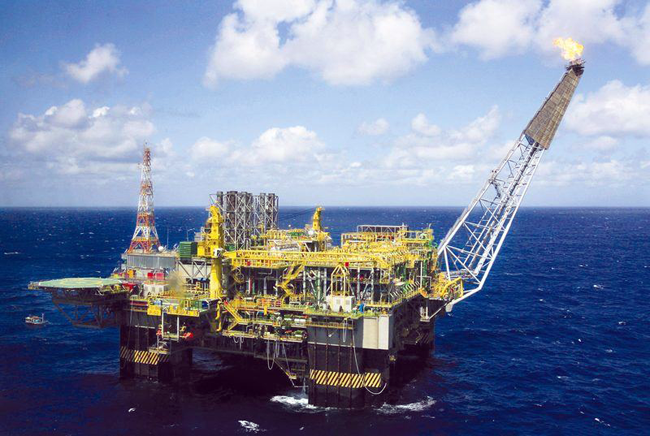This paper estimates the aggregate demand for gasoline in Senegal from 1970 to 2008. The long-term and short-term elasticities of demand with respect to gasoline prices and income are of paramount interest in this study. In Senegal, rising food prices, unemployment and shortage of electric supply are always associated with the spiking cost of world oil prices. To understand the external shocks of world oil price and demand for gasoline in Senegal, this study tested a log linear model against the linear model of the demand-for-oil function with lagged dependent variables as an explanatory variable. Here, the linear specification of the demand for oil is rejected in this study in favor of the log linear. The natural log transformation is typical when using high frequency data and significantly reduces skewness and kurtosis. Generally in this study, I found that short run elasticity is smaller than long-run elasticity and gasoline demand is inelastic with respect to both price and income for both the short and long runs in Senegal. This is why researcher like Moosa posits that “this assertion can be rationalised on the grounds that oil is such an important commodity that does not have close substitutes at least for its uses” (1998, p. 3).





